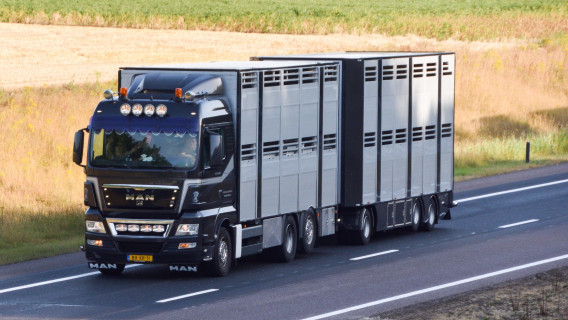Last months, 25 facets of the quality of streets, neighbourhoods and cities have been discussed on this spot. But what are the next steps? How urgent is improvement of the quality of the living environment actually?
I fear that the quality of the living environment has been going in the wrong direction for at least half a century and in two respects:
Country of cars
Firstly, the car came to play an increasingly dominant role during that period. Step by step, choices have been made that make traveling by car easier and this has had far-reaching consequences for nature, air quality, climate and environmental planning. Our living environment is designed based on the use of the car instead of what is ecologically possible and desirable for our health. At the same time, public transport is rarely a good alternative, in terms of travel time, costs and punctuality.
Country of cows
A second structural damage to the quality of the living environment comes from the agro-industry. About one half of the surface of our country is intended for cows. These cows make an important contribution to greenhouse gas emissions that further destroy the remaining nature. But this form of land use also leads to inefficient food production, which also results in health problems.
In the next months I will explore two themes: 'Are 'self-driving' cars advantageous ' and the 'The merits of the 15-minute city'. These themes are case studies regarding the quality of the living environment and in both cases mobility and nature play an important role.
After the publication of these two miniseries with zeven posts each, the frequency of my posts on this site will decrease, although I will continue to draw attention on the fundamental choices we have to make regarding environmental issues.
Meanwhile, I started a new blog 'Expeditie Muziek' (in Dutch). I have always neglected my love for music and I am making up for it now. I think readers who love music will enjoy my posts in which pieces of text alternate with YouTube videos as much as I enjoy writing them.
Curious? Visit the link below





